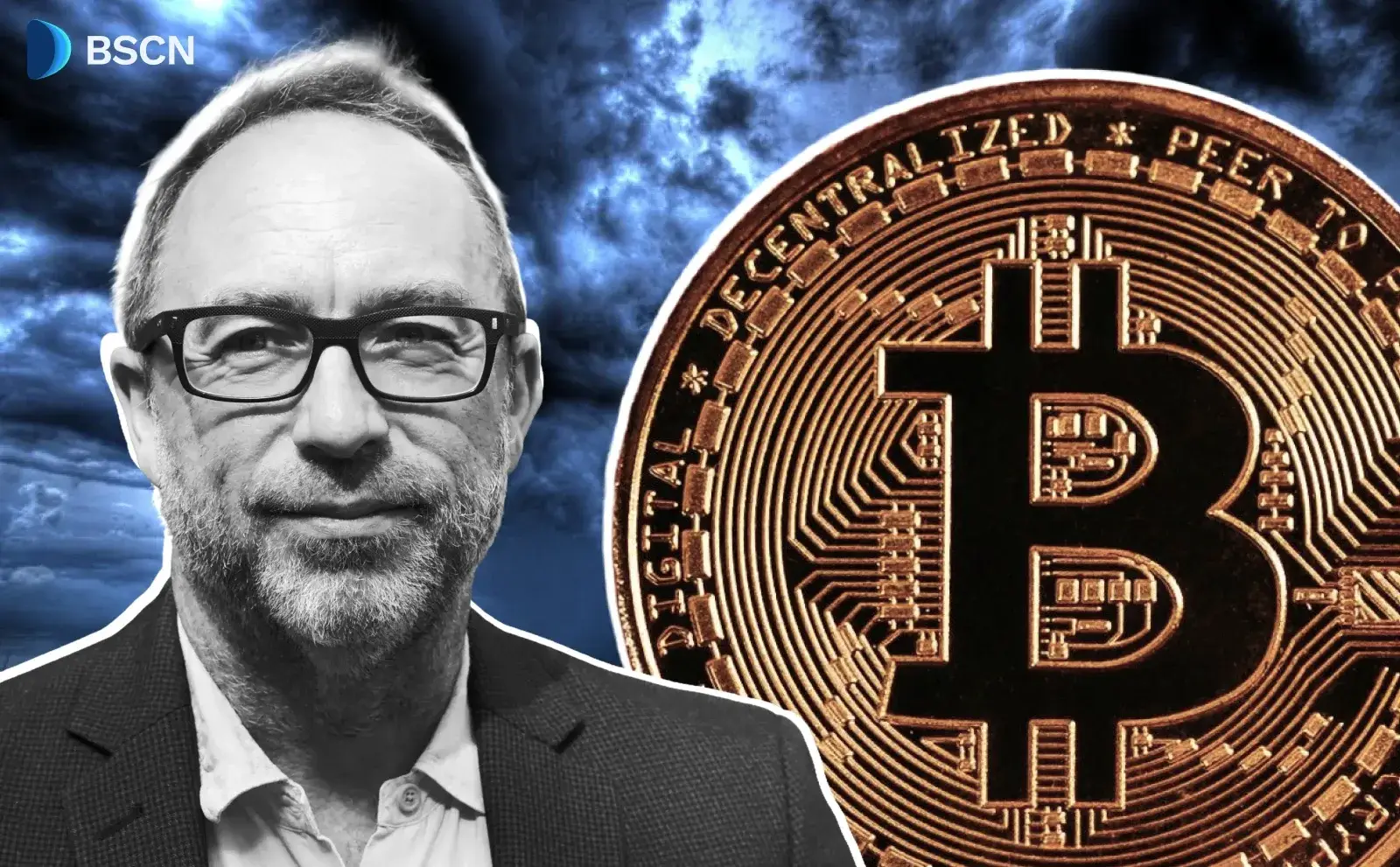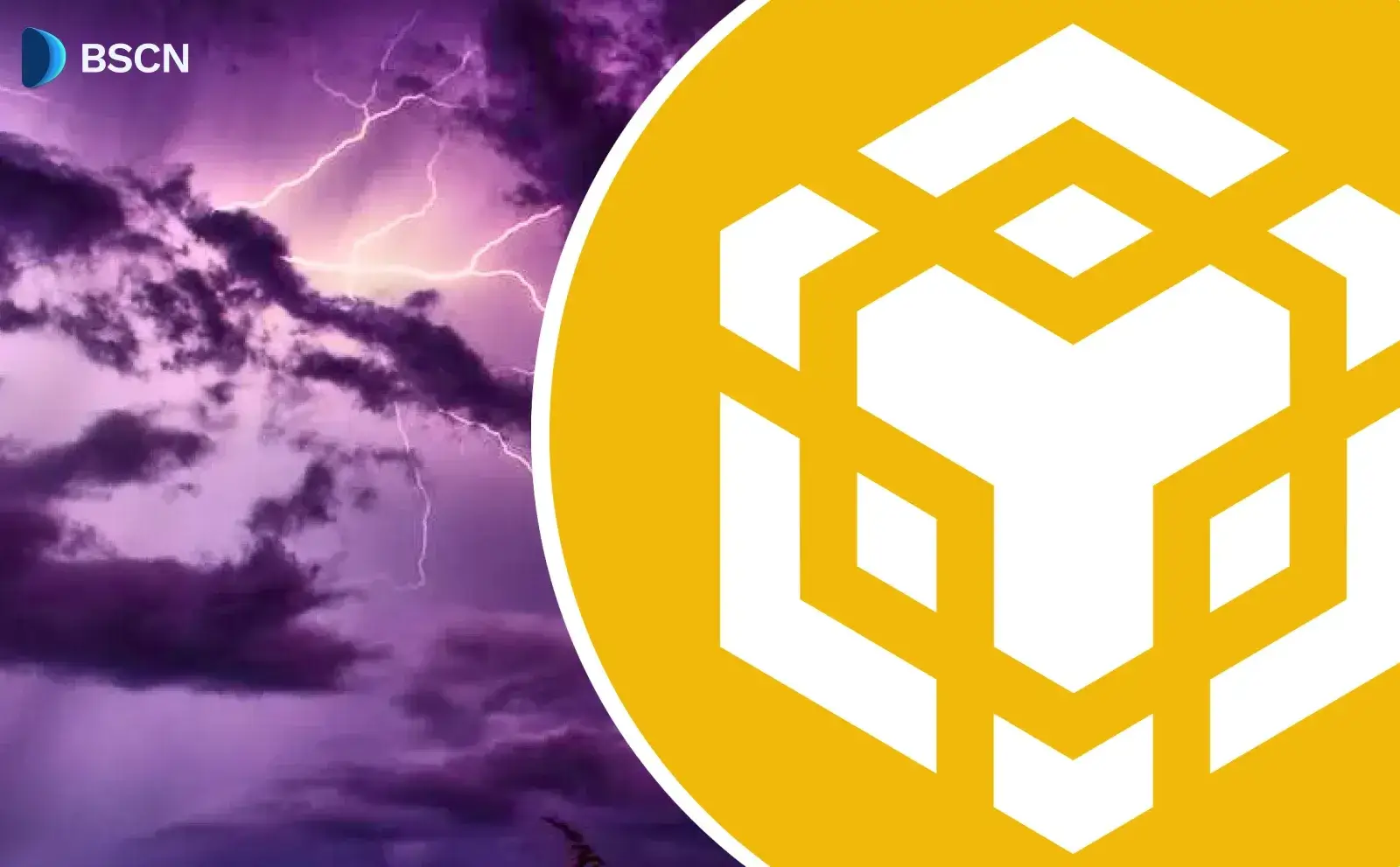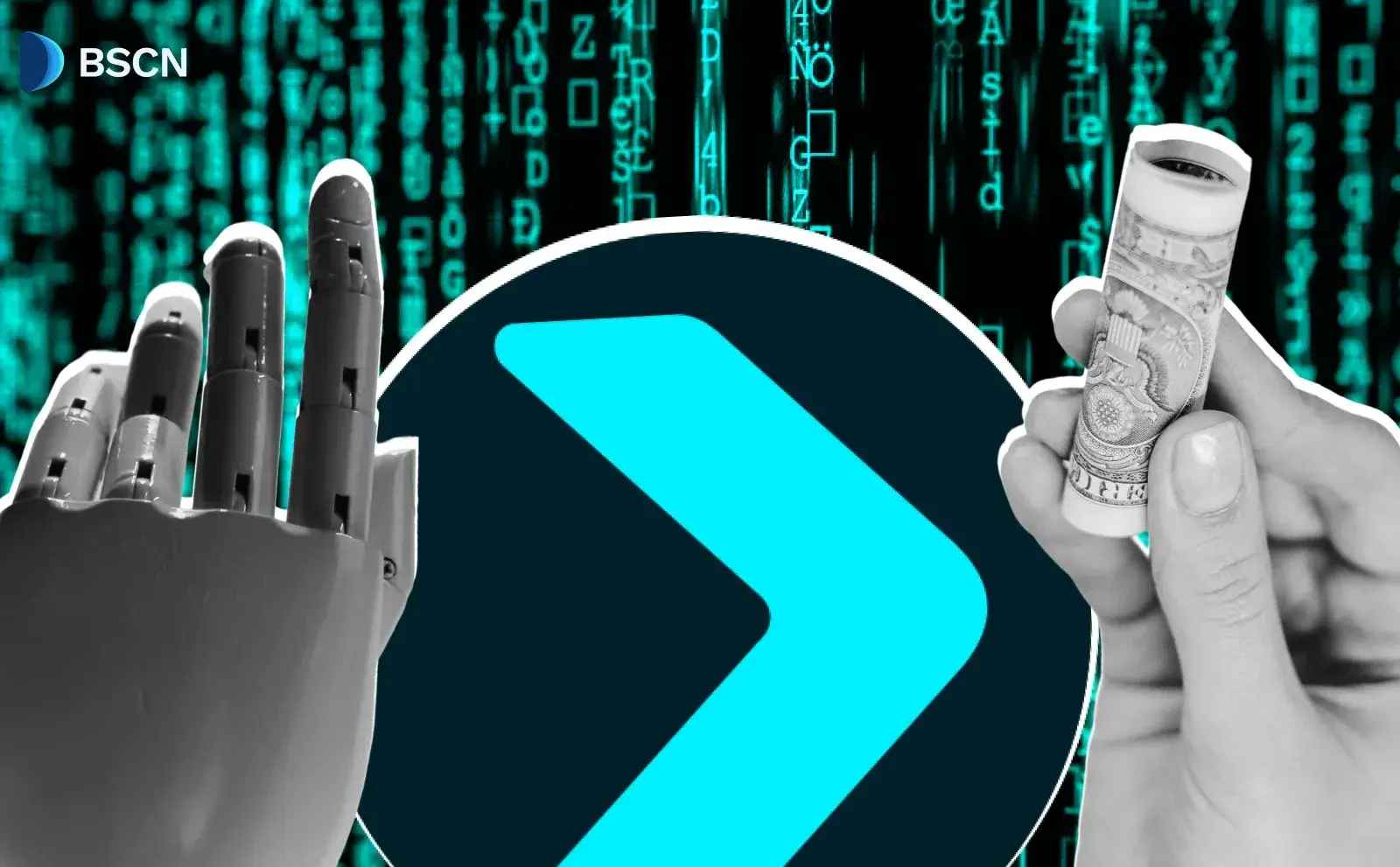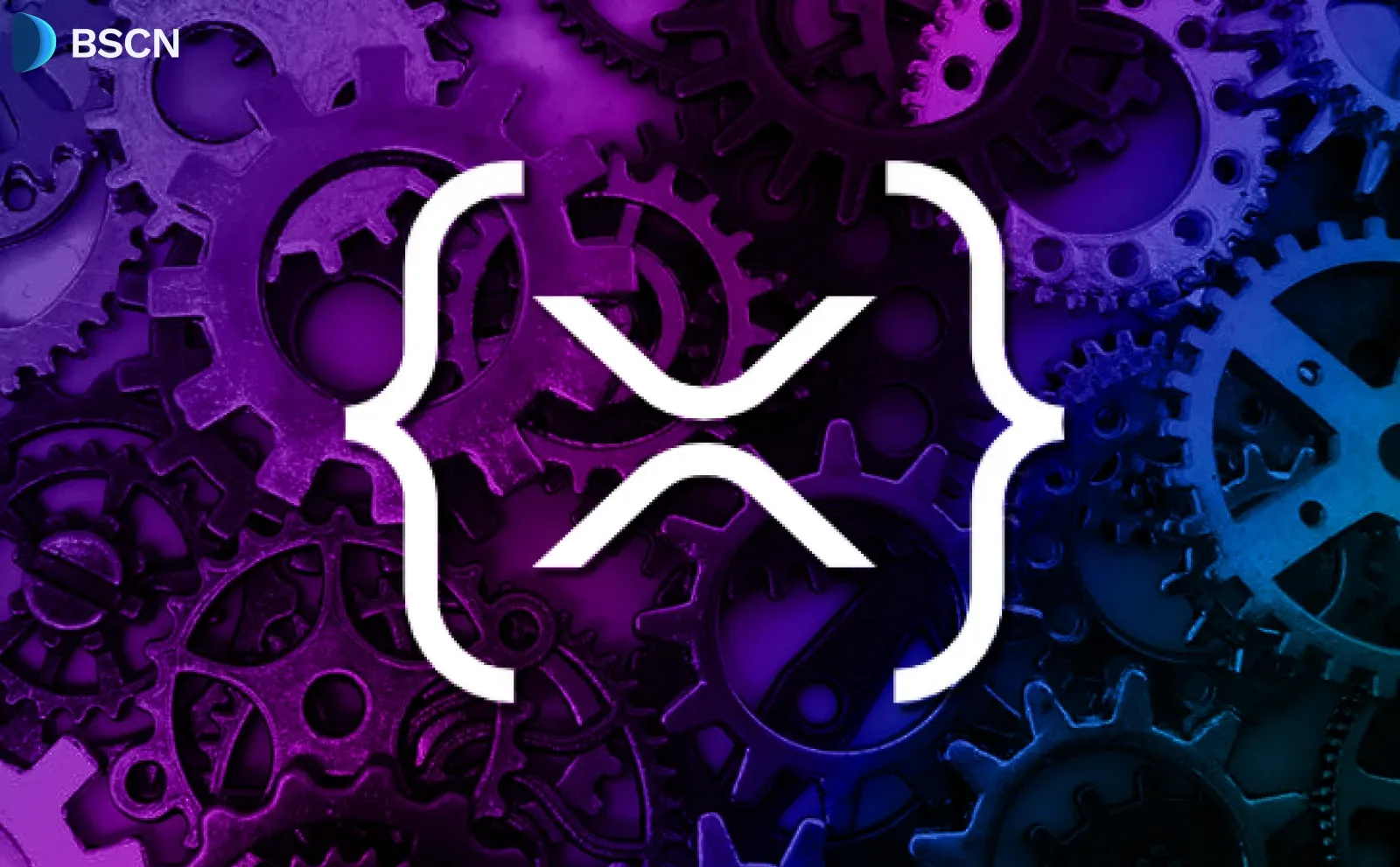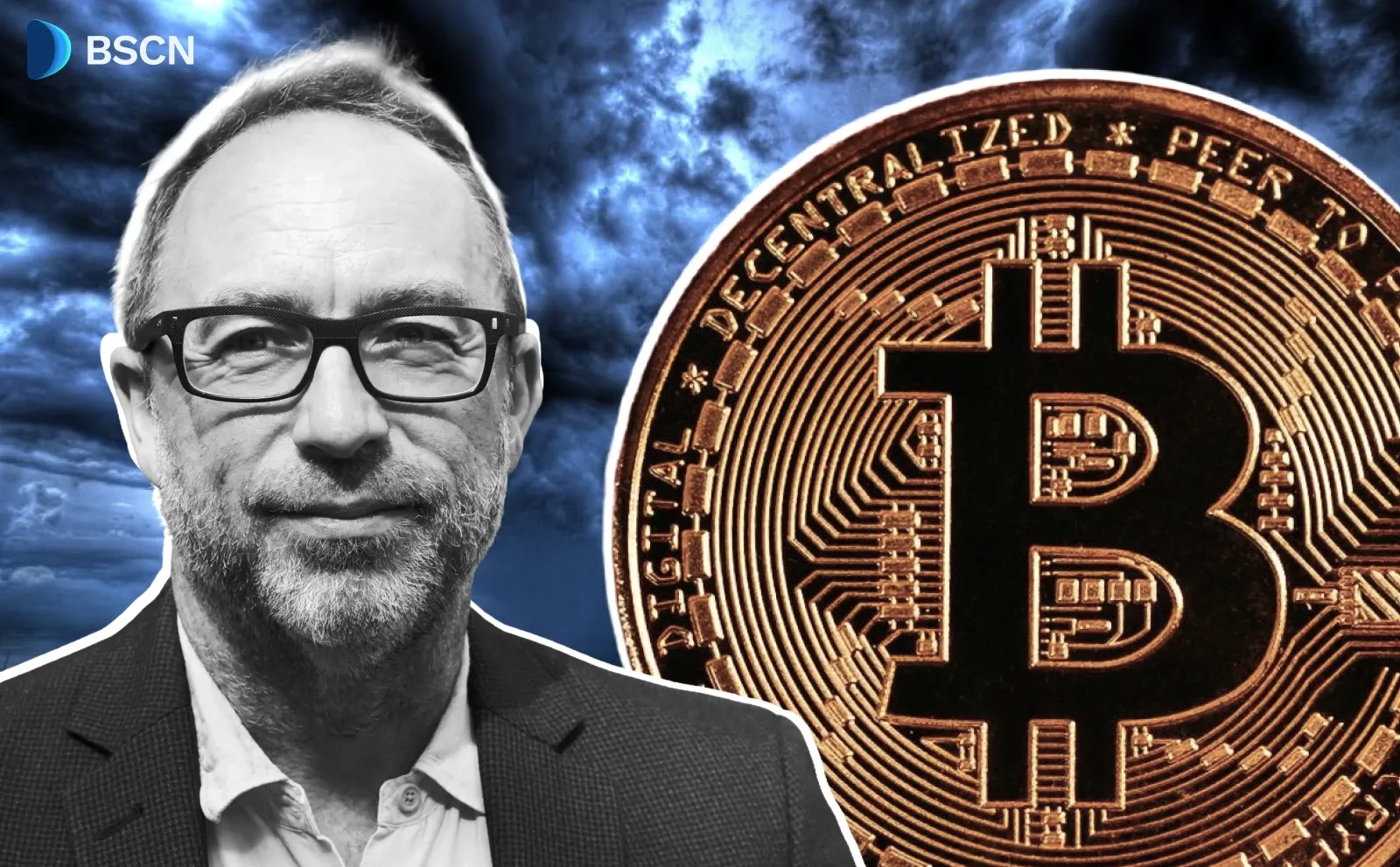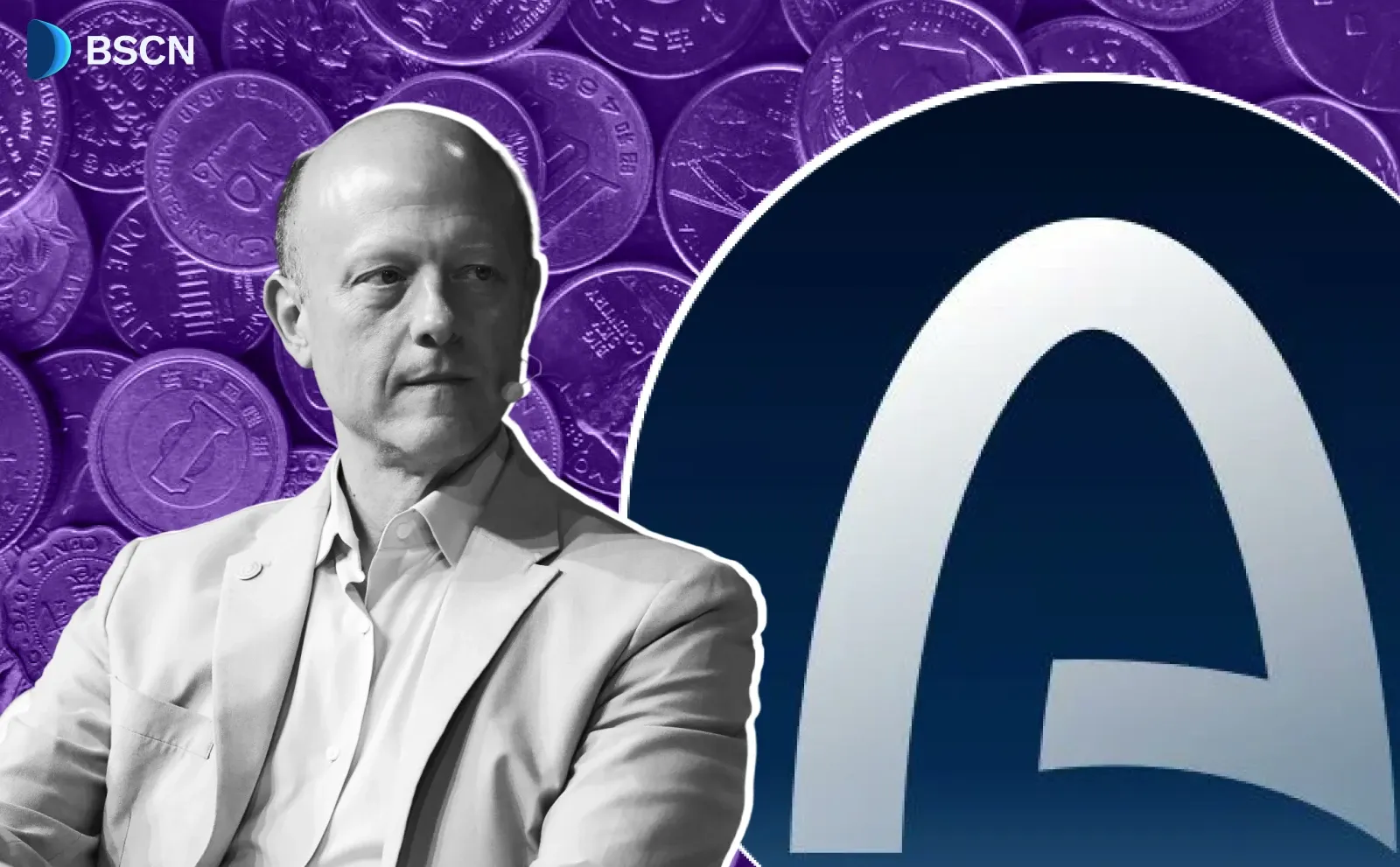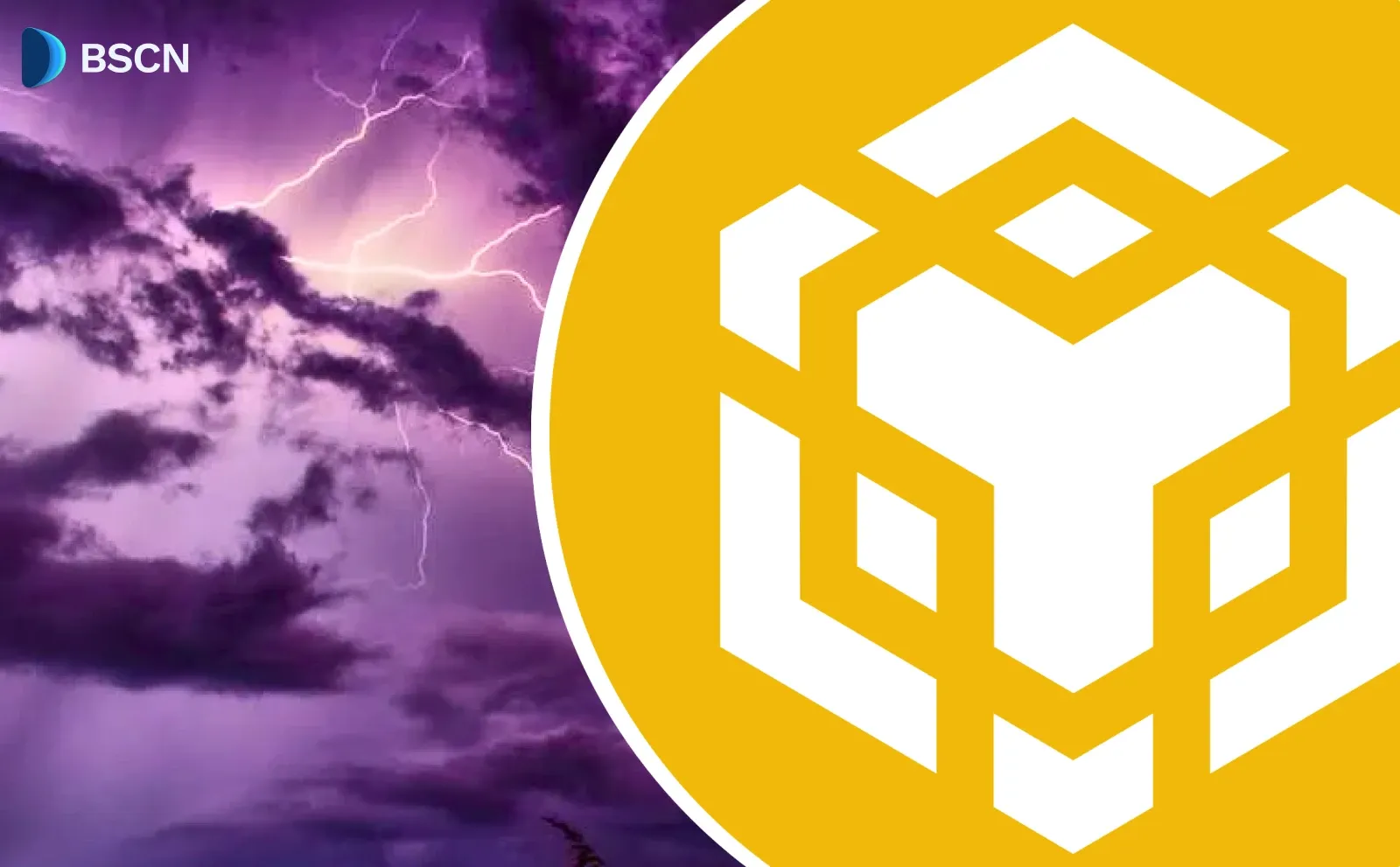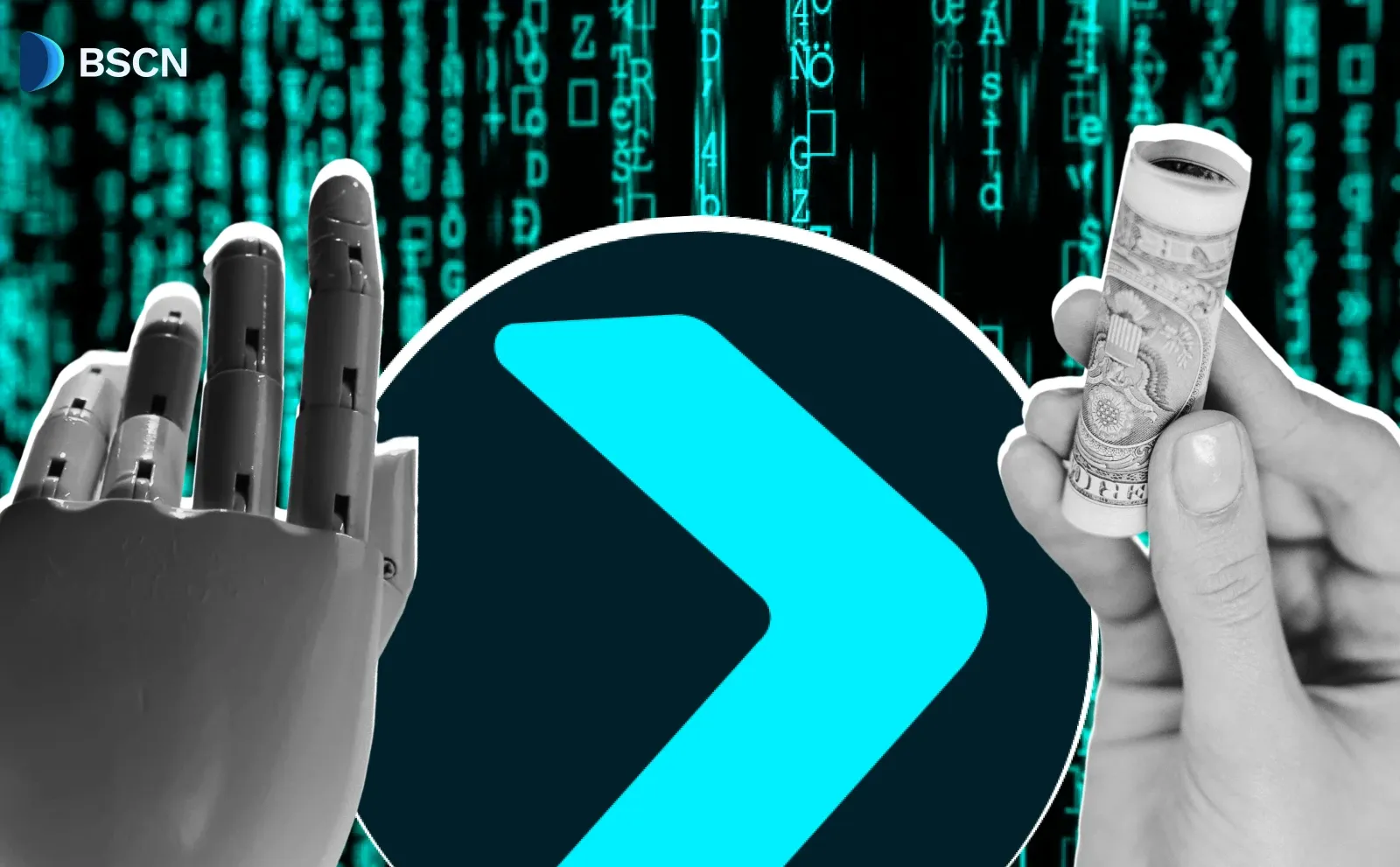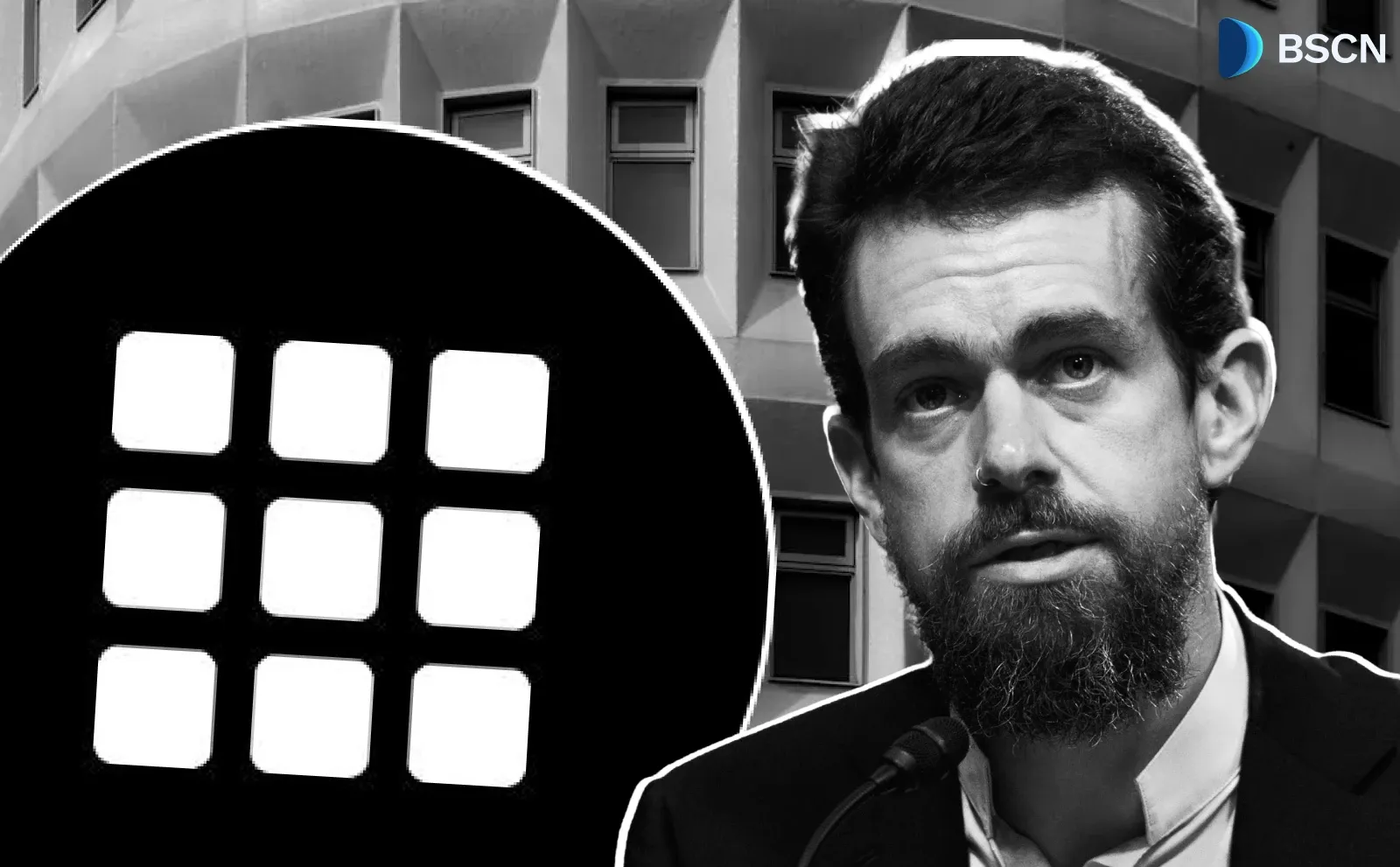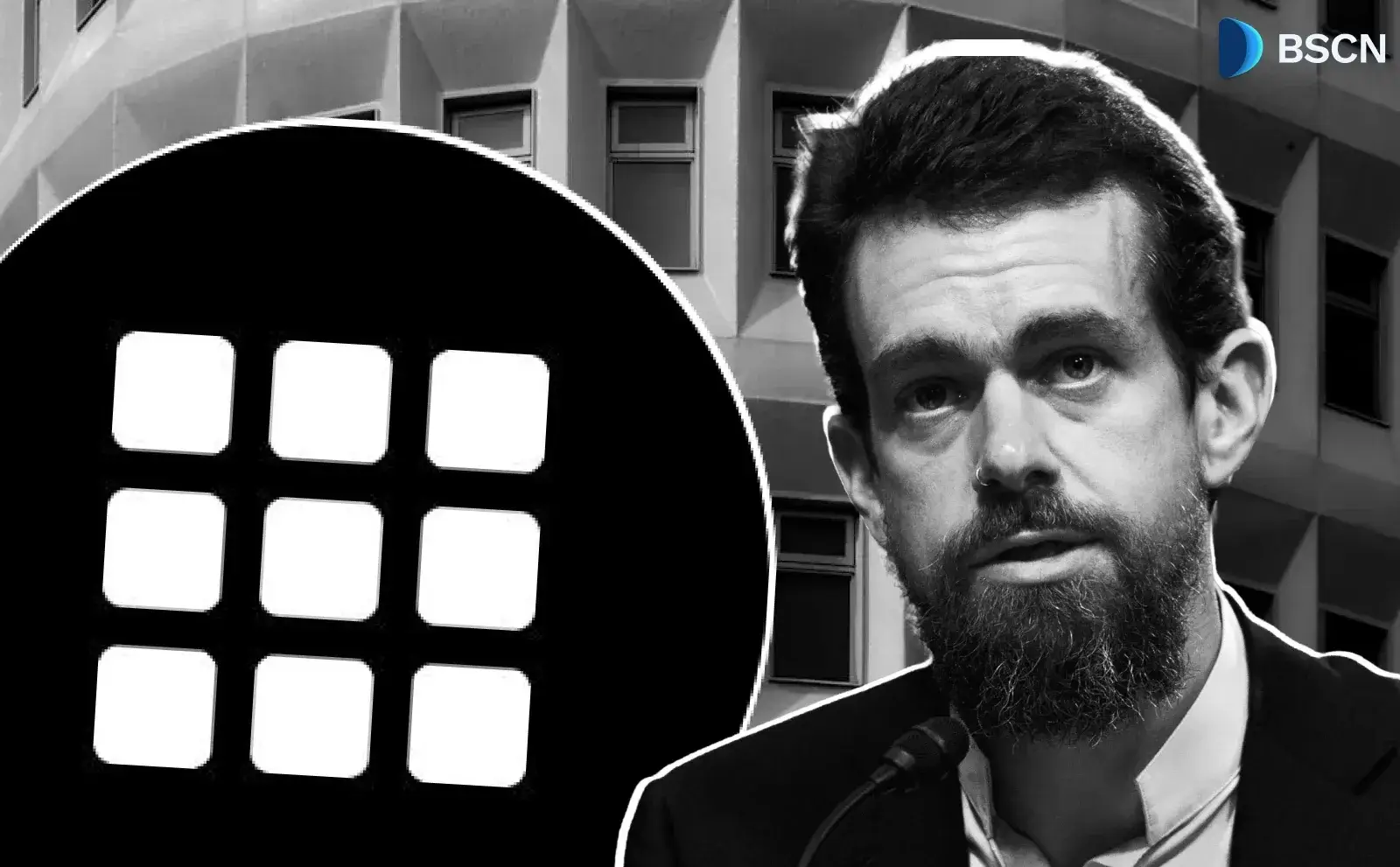BNB Chain Goes Sub Second with Maxwell Upgrade
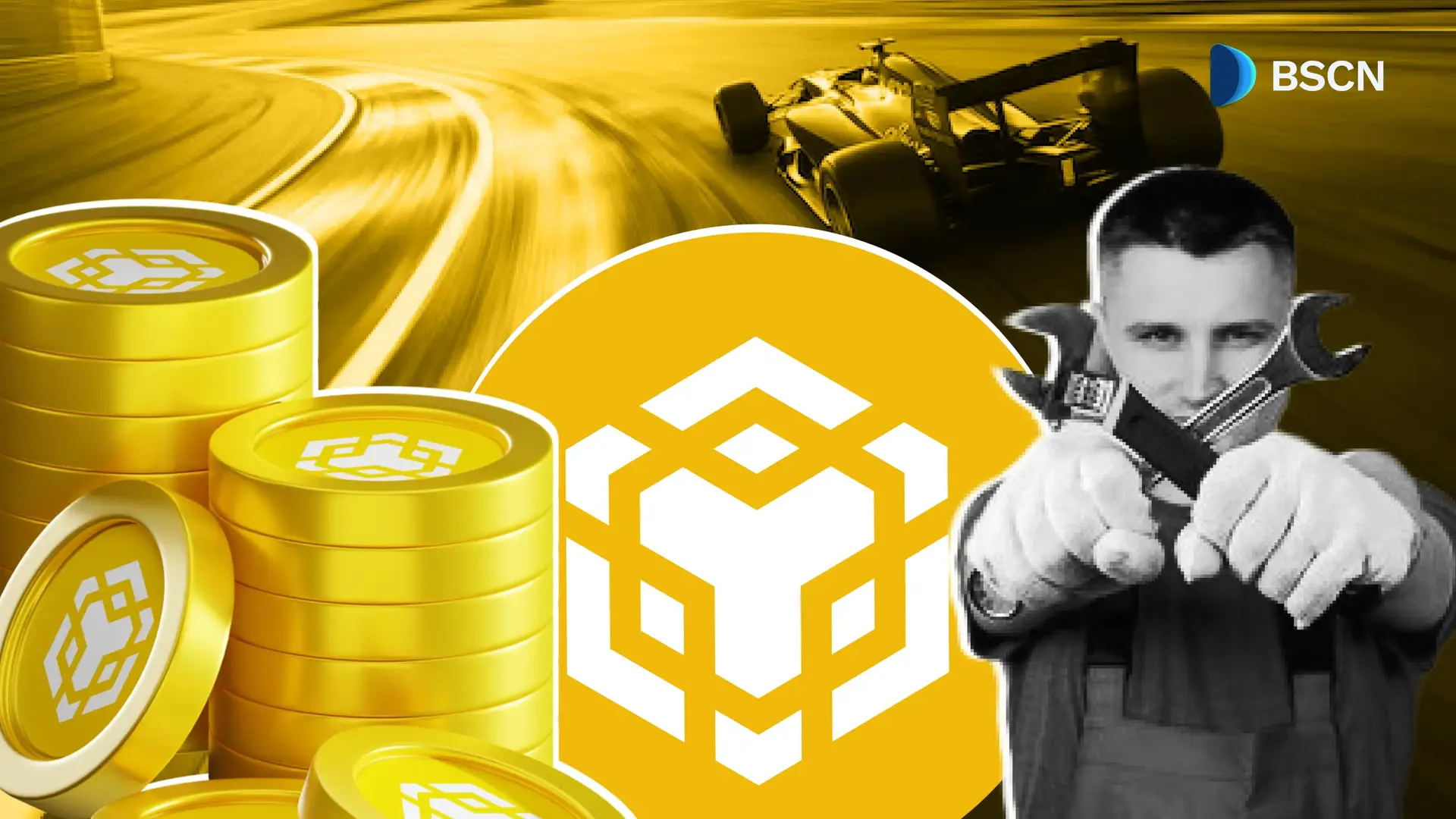
The hard fork introduces changes like extended epoch lengths, longer validator turns, and faster finality, enabling BNB Chain to scale in high-demand sectors like DeFi, GameFi, and NFTs.
Soumen Datta
June 30, 2025
BNB Chain’s Maxwell hard fork appears to be live. According to Bscscan, average block times have dropped from 1.5 seconds to just 0.8 seconds, with the goal of reaching 0.75. This marks the chain’s fastest performance to date and positions BNB Chain to rival high-speed competitors like Solana.
More than a speed bump, Maxwell is a deep technical upgrade. It’s designed to reduce latency, improve validator coordination, and increase throughput for decentralized apps, finance platforms, and NFT marketplaces.
Three Core Proposals Behind the Upgrade
The Maxwell hard fork is powered by three protocol upgrades: BEP-524, BEP-563, and BEP-564. Each plays a specific role in optimizing network performance.
BEP-524 cuts block time in half, directly improving transaction confirmation speeds and reducing lag for dApps.
BEP-563 strengthens communication between validators. It introduces more efficient messaging so block proposals are faster and less likely to fail during high network activity.
BEP-564 adds new message types — GetBlocksByRangeMsg and RangeBlocksMsg — which dramatically improve how lagging nodes sync with the rest of the network. This upgrade is expected to shorten sync delays and keep validators better connected during fast cycles.
Faster Blocks, Stronger Chain
The Maxwell upgrade doesn’t just improve speed—it strengthens the network’s core.
Validators will now handle longer block proposal turns, going from 10 to 16 blocks. That gives each validator more time to contribute during an epoch, which has also doubled from 500 to 1,000 blocks. Together, these changes aim to reduce missed votes and promote network stability, even with faster block times.
Finality — the point at which a transaction is irreversible — now happens in under two seconds. This is a major improvement for traders and DeFi users who rely on quick confirmations.
What Developers and Validators Must Watch
With sub-second blocks now the norm, developers must adapt. Smart contracts and applications that assume 1.5-second block times need to be updated. Any time-based logic, such as staking rewards or auctions, must be tested and refactored.
Validators have their own prep work. Their systems must now handle 0.75-second blocks, faster consensus cycles, and a higher volume of messages. Failing to adapt could result in missed blocks or dropped participation in consensus rounds.
Managing Growth With Smart Limits
As part of the Maxwell upgrade, the per-block gas limit has been reduced from 70 million to 35 million. This helps prevent bloat and keeps the network from growing too fast in size, which could strain node operators.
Despite the lower gas limit per block, the higher frequency of blocks means the chain can still process more transactions per second overall. This balance helps protect long-term scalability while allowing real-time performance gains.
Maxwell Builds on Lorentz
This is not BNB Chain’s first step toward faster performance. In April 2025, the Lorentz hard fork reduced block times from 3 seconds to 1.5 seconds. Maxwell now cuts that again, moving BSC into elite territory with block times under a second.
What makes this significant is that it’s not just about speed. It's also about sustaining that performance while keeping validators in sync and preventing overload.
Why This Matters for BNB Chain
Maxwell is BNB Chain’s answer to increasing competition across the Layer 1 space. Solana has built its reputation on speed. Ethereum, while slower, dominates in developer activity. BNB Chain is carving a space where it can offer fast, stable, and cost-efficient performance—especially for DeFi and GameFi.
The upgrade could also make the chain more attractive to institutional players and enterprise use cases. Faster finality, higher throughput, and smoother validator operations are all features that businesses require when deploying blockchain solutions.
The Maxwell hard fork could be just the start. With the success of both Lorentz and Maxwell, BNB Chain may continue optimizing for speed, reliability, and scalability. The ecosystem is already seeing benefits, with faster dApp response times and improved validator performance.
Named after physicist James Clerk Maxwell, this upgrade is a push for leadership in a fast-moving market.
Read Next...
Disclaimer
Disclaimer: The views expressed in this article do not necessarily represent the views of BSCN. The information provided in this article is for educational and entertainment purposes only and should not be construed as investment advice, or advice of any kind. BSCN assumes no responsibility for any investment decisions made based on the information provided in this article. If you believe that the article should be amended, please reach out to the BSCN team by emailing [email protected].
Author
 Soumen Datta
Soumen DattaSoumen has been a crypto researcher since 2020 and holds a master’s in Physics. His writing and research has been published by publications such as CryptoSlate and DailyCoin, as well as BSCN. His areas of focus include Bitcoin, DeFi, and high-potential altcoins like Ethereum, Solana, XRP, and Chainlink. He combines analytical depth with journalistic clarity to deliver insights for both newcomers and seasoned crypto readers.
Crypto Project & Token Reviews
Project & Token Reviews
Comprehensive reviews of crypto's most interesting projects and assets
Learn about the hottest projects & tokens
Latest Crypto News
Get up to date with the latest crypto news stories and events




